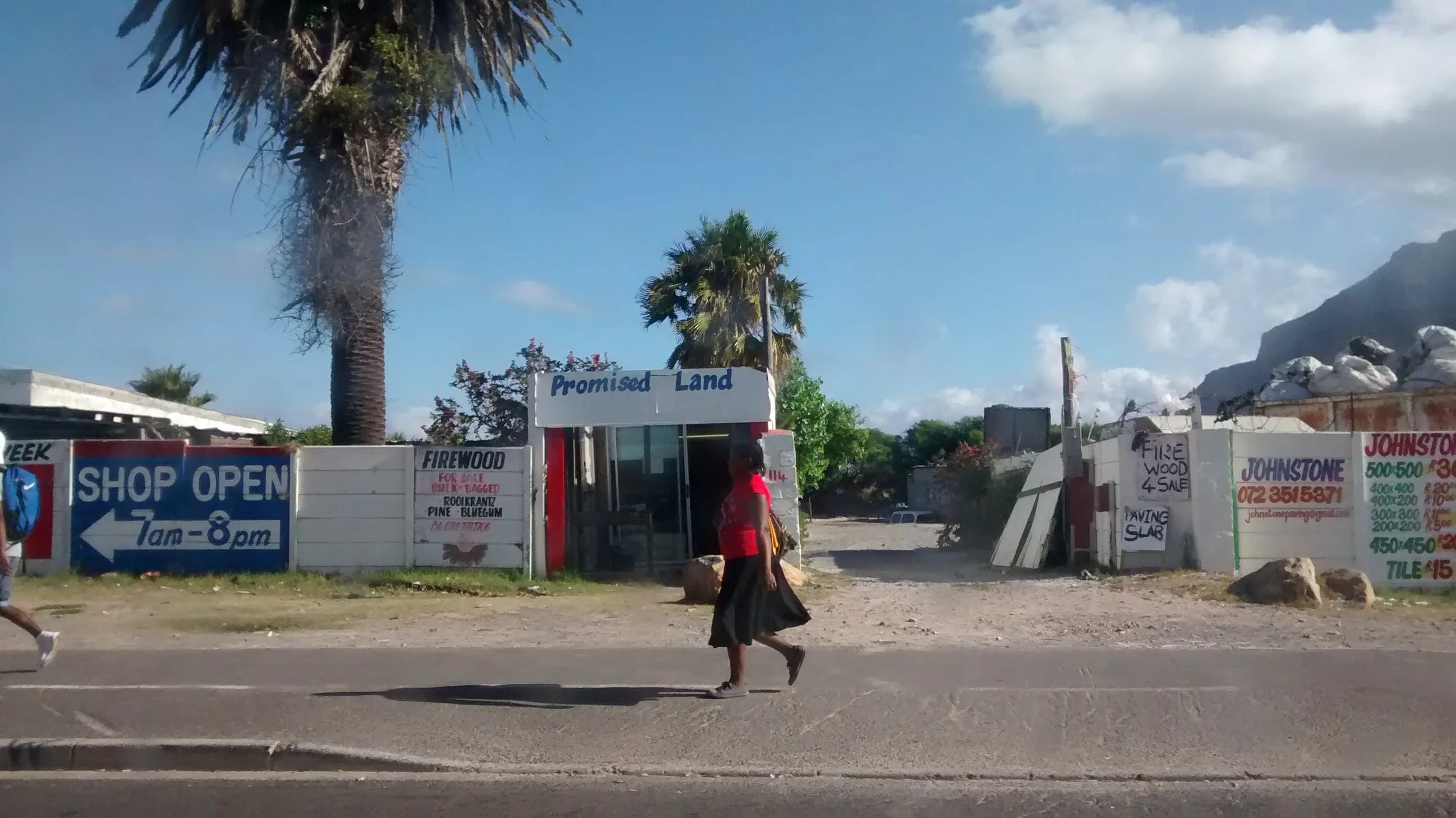MediAfrica at ECAS7
/At the recent European Conference on Africa Studies in Basel, Switzerland, the MediAfrica represented with a panel as well as two presentations of recent research by participants in the project. Nanna Schneidermann convened a panel together with Casper Andersen from Aarhus University on “Urban technologies and technologies of urbanity in Africa.” The panel invited investigations of the relationship between technology and cities in Africa from an interdisciplinary standpoint:
”New and important questions are been asked about "local" innovation, "creolization" of imported technologies, maintenance, reuse and sustainability and not least about the role of technologies in the making of urban identities and forms of expertise and entrepreneurship. The burgeoning interest and growing literature has been interdisciplinary from the outset spanning across history, anthropology, geography, urban studies, STS and beyond. The panel aims to contribute to establishing a solid platform for this important interdisciplinary debate and invites papers that address the theoretical as well as empirical questions about urbanity and technology in Africa.”
These themes were explored in four papers presented on a Friday afternoon. Here Katrien Pype presented a recent chapter on ”Smartness from Below” calling for a closer attention to local vernaculars about technology and ”being smart” - and their relation to fantasies of development and ”smart cities”- in Kinshasa.
These considerations neatly set the stage for the other papers in the panel; on repair and maintenance of electricity meters in Maputo, by Idalina Baptista, urban finances and mobile money in Eastern African cities, by Daivi Rodima-Taylor and William Grimes, and the politics and contestation of sanitation infrastructure in South African former townships by Steven Robins and Peter Redfield.
In a panel on women’s roles in negotiating health and healing in Africa, Nanna Schneidermann presented a paper on ”technologies of motherhood” based on recent fieldwork in Cape Town.
Overall the papers engendered discussions about the need for more “use-centric” studies and approaches to technology in Africa cities, and how these in turn might refine the concept of technology itself, as it is placed both in histories and in specific contexts of use.



